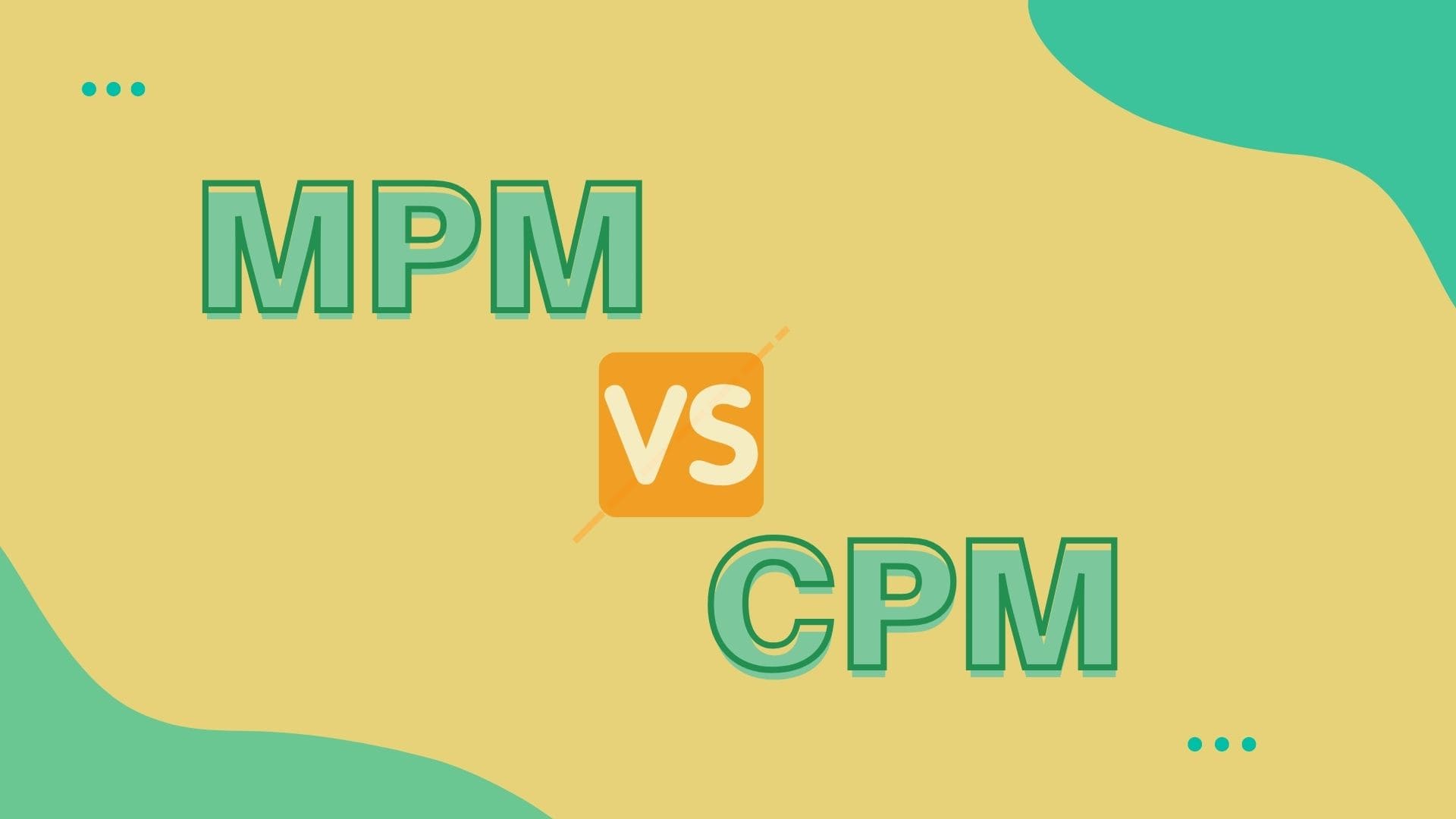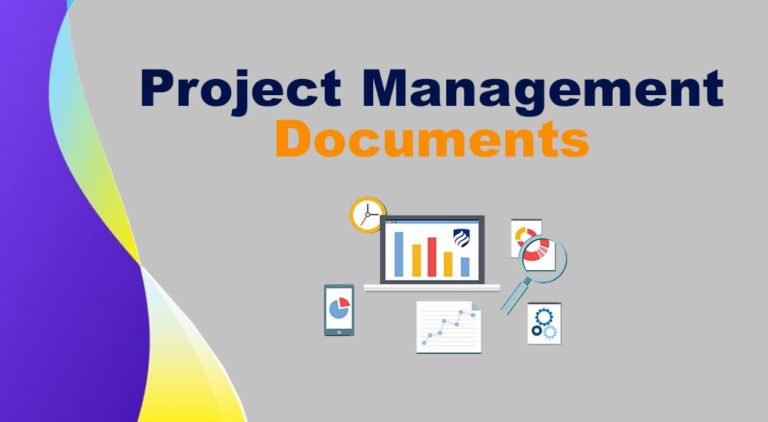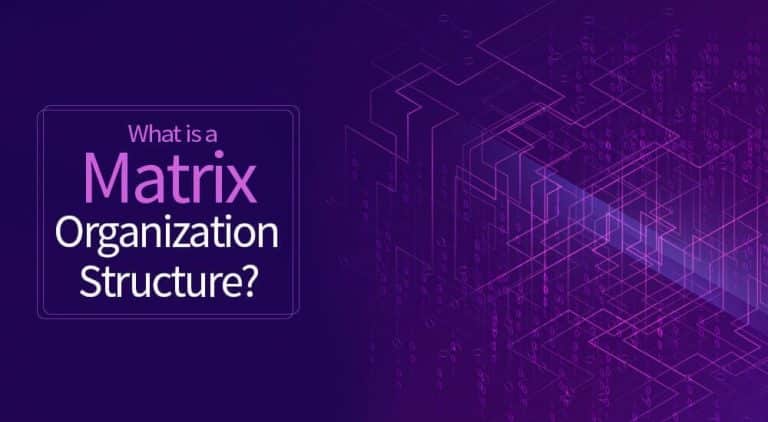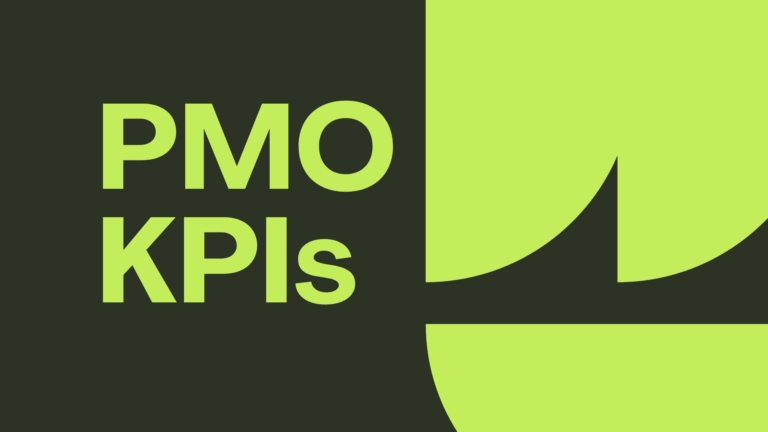MPM and CPM are two project management certifications, and in this blog post, we will learn the difference between these MPM Vs CPM certifications.
The field of project management is continuously evolving, and the changes that occur are typically accompanied by major advancements. The strategies are becoming more complicated, while the operations are becoming more effective.
Project managers are always suggesting ways in which processes and methods can be improved, and worldwide organizations that specialize in project management embrace these ideas so that they can serve as a standard for all experts. These methods make processes more efficient, whether used in information technology and software development, health and finance, or anywhere else.
In this article, we will talk about two such certificates for project management, both of which play important roles in the development of the industry and provide professionals with the information and abilities necessary to manage and finish the project successfully.
This post will explain and make a distinction between CPM and MPM.
Let us get started.
MPM Vs CPM
Before discussing the difference between these two certifications, let’s first understand project management.
Understanding Project Management
The management of a project entails taking care of all its components, such as its resources, scope, procurement, quality, cost, scheduling, human resource management, risk management, and so on. Project managers are responsible for overseeing each of these processes.
Delegating tasks and responsibilities to different people at various stages of a project’s life cycle allows for more efficient management of the project overall. This is an important part of project management. Project managers must be able to manage difficult and complex projects.
Initiation, planning, execution, monitoring and controlling, and completion are the five phases of project management. A project goes through these phases to complete.
Project management requires working as a team rather than an individual.
The ability of a project manager to successfully manage risks and setbacks under any conditions indicates the manager’s competence.
Understanding Project Management Certifications
Numerous institutes present project experts of varying degrees with the opportunity to become certified in project management. Certifications are an excellent resource for project managers who are interested in expanding their knowledge base and skill set.
But what exactly can you achieve with a project management certification?
The training and direction are necessary to manage projects are provided by these qualifications. In addition, they offer a platform where you may meet other professionals that share your interests, allowing you to expand your professional network.
When looking for opportunities, the credential mentioned after the applicant’s name is quite beneficial.
The following institutions offer project management certifications:
- International Professional Managers Association (IPMA)
- Project Management Institute (PMI)
- American Academy of Project Management (AAPM )
- International Association of Project and Program Management (IAPPM)
What is MPM?
A Master Project Manager, or MPM, is a specialized graduate-level degree in project management.
It is an academic qualification and focuses on project management.
The MPM certification is for recent graduates with little or project management experience. This qualification can be a good start for their career in project management.
In the USA, the MPM accreditation is provided by the American Academy of Project Management (AAPM) and focuses on IT specialists. It connects engineering and business ideas and offers training for experts with technical backgrounds.
Many other universities also provide this certification.
Prerequisites and Exam Certification Cost for MPM
To enroll in the class, you must possess a degree equivalent to a bachelor’s. There is no fixed cost, as it is determined by the university or college to which you are admitted.
Due to the fact that the program is not designed for people who already have experience working in project management, the entry requirements are more relaxed.
The exam and the fee associated with the exam vary depending on the university at which you enroll in the MPM program.
What is CPM?
CPM stands for Certified Project Manager, a mid-level qualification offered by the International Association of Project & Program Management (IAPPM). This certification improves skills in the following areas:
- Business evaluation
- Program or project management.
- Portfolio administration
The CPM certification is superior to the MPM certification in terms of experience and training. In addition to meeting all other requirements, CPM certification requires you to have CPP certification.
The IAPPM refers to the CPM credential as the “complementary” certification to the PMP certification offered by the PMI.
This certification improves the project manager’s abilities in the following areas.
- Successful communication
- HR administration
- issues and risk management.
- quality control
- marketing administration
- Finance and IT.
- Integration of systems and processes
Although this certification is an excellent addition to other well-known qualifications, it is primarily and most widely acknowledged in the region of the Pacific Rim. However, it is not acceptable to the same extent in other parts of the world. The certification must be renewed every three years to be valid.
Requirements and Exam Certification Cost for CPM
The following criteria form the foundation of this certification program:
- CPP or a bachelor’s degree
- Four years of project management experience is required.
- The CPM course requires 36 contact hours.
- A CPM test duration is three hours.
- Using the grandfathering option to mentor
The CPM fee structure. This is what it is:
- 550 USD is the certification fee.
- Renewal fees are 100 USD per year.
Advantages of Project Management Certifications
Project management certifications are essential for the following reasons.
Crucial for Job Progression
This is the top reason for getting a certificate in project management. Obtaining a certification signifies that you are committed to putting in the time and effort required to succeed in this employment field. It demonstrates your commitment to expanding your skill set.
Develop a Common Vocabulary
The standard procedures and fundamental approaches are taught during the certification process, and certification gives professionals a common project management language. A standardized plan that project stakeholders can rely on is more likely to develop when team, department, or organization members use the same terminology.
A formal certification guarantees that everyone is drawing from the same pool of information. Certification helps increase a team’s capacity to communicate about many aspects of project management using a standardized language.
Makes Professionals More Marketable
Your marketability will grow thanks to certification in project management because it will help you formalize the project management work experience you already have.
The certification demonstrates that you are committed to developing your abilities further. This demonstrates your dedication to establishing yourself as a leading project management expert to prospective employers.
Having prior experience managing projects is quite beneficial. When expertise is combined with qualifications, it demonstrates a professional’s interest in remaining at the forefront of their field. Candidates that can demonstrate a history of professional advancement are highly sought after by employers.
Audiences Find it Appealing
The level of recognition depends on the certification. Global organizations trust these certifications and give preference while shortlisting CVs. Check whether certain project management qualifications are accepted in the country you are working.
Improve Skills
To obtain a credential, professionals go through a process. This process requires training and reading guidelines and procedures; this increases the skills of professionals.
Increases Earnings
Earning a certification can improve one’s chances of getting a pay increase. It also promotes job security because those with credentials have demonstrated that they have the necessary expertise and skills and passed a certification that is acknowledged worldwide.
Networking Opportunities
These certification institutes have local chapters where they conduct regular meetings. These meetings can provide professionals to meet top talent and influential members. They can meet these influential people and widen their professional network.
Increases Credibility of Credential Holders
Project management certificates are produced and maintained by respected and authoritative organizations. These institutions have a well-known and respected track record across the world for providing credentials of the highest possible quality.
For example, the credentials developed by APM are in line with the 4-level certification program offered by IPMA, which is recognized all over the world as evidence of a competent and dedicated project professional.
Summary
We have finished discussing the MPM and CPM certifications. Both credentials are successful in accomplishing the goals they were designed to achieve. You can seek these certifications to boost both your job satisfaction and your employability for companies that operate on a worldwide scale.

I am Mohammad Fahad Usmani, B.E. PMP, PMI-RMP. I have been blogging on project management topics since 2011. To date, thousands of professionals have passed the PMP exam using my resources.







